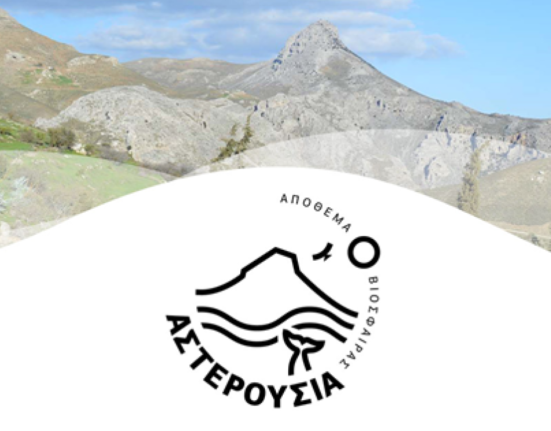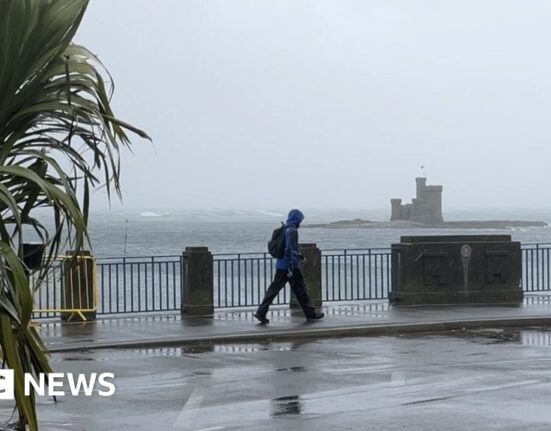Marc Straus is pleased to present Shadowland, featuring works by Jānis Avotiņš, Marius Bercea, Zsolt Bodoni, Josef Bolf, Matija Brumen, Robert Fekete, Adrian Ghenie, Ion Grigorescu, Elvis Krstulović, Marin Majić, Ciprian Mureşan, Djordje Ozbolt, Volha Panco, Daniel Pitin, Șerban Savu, Leonardo Silaghi, Alexander Tinei, Josef Tirić, and Zlatan Vehabović.
The rapid acceleration of technological development, specifically the transition of social spaces into the digital realm, has amplified the need to become brand strategists of selfhood, to piece together an avatar that stands proud as a differentiated product in the social marketplace. This digital puppeteering has stripped the human environment down to a composite of facades, surroundings that are seen rather than felt and captured rather than experienced as the assumption of identity shifts from organic growth to logical production. Where does this leave the physical, feeling being? Are we fading into the shadows as these simulated ideals take form, degenerating into hypnagogic phantoms with dwindling connection to bodily and spatial rhythms? Are we allowing the great puppeteer of algorithmic affirmations to steer us towards an unrecognizable existence?
In the last fifteen years, rampant technological progress has united development with dissolution, blurring perceptions of reality between the physical and digital into a newfound ecosystem of pixelated ghosts. No period of history has paralleled this dramatic environmental shift quite like the fall of Communism in Eastern Europe. “Catch-up modernization” required the rapid assumption of both a sociocultural and individual capitalist identity, diving directly into contemporary hyper-individuality and leaving behind shadows of an exiled yet ever-present past. As a show predominantly of artists born at the cusp of Communism’s collapse and growing up during this period of ideological transition, Shadowland engages with themes of individual and cultural alienation that, especially to young viewers struggling with the assumption of identity in a virtual world, have taken on new meaning 35 years later.





